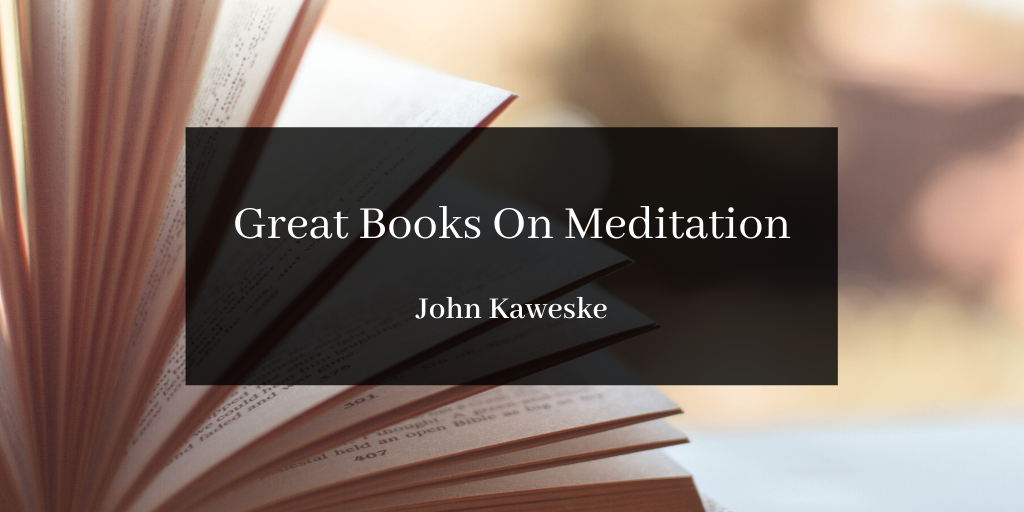Meditation has long existed under different religious and spiritual contexts. Regardless of one’s beliefs or philosophical preferences, meditation has valuable benefits for everyone. It’s important to note that there are different kinds of meditation, each facilitating different aspects of the mind, body, and soul. Some great books on meditation for those looking to begin their journey into self-discovery or improve their mindfulness is as follows:
“The Power of Now” – Eckhart Tolle
Many people find themselves stuck in limbo, focusing on elements of their past or outcomes of the future. A curiosity of the unknown can make some people stressed, as they may consider all the negative possibilities of a given situation. On the other hand, there may be individuals scrutinizing unchangeable variables from their past and subjecting themselves to judgment. Eckhart Tolle speaks about the power of the present and teaches how to live in the now through meditation. By accepting the past and gaining control of the present, people can guide their future in a preferred direction.
“Wherever You Go, There You Are” – Jon Kabat-Zinn
Jon Kabat-Zinn takes a more applied approach to meditation, showing its pragmatism to all those looking for an introduction to meditation. He emphasizes that it isn’t about Buddhism or any kind of mysticism but attention. In this book, Kabat-Zinn includes a practical guide on mindfulness meditation. Mindfulness is being aware of one’s present life. Although Kabat-Zinn gives a brief synopsis of mindfulness from a Buddhist perspective, he manages to pinpoint the scientific and theoretical practices in great detail. This helps practitioners find concrete footholds in the abstract nature of meditation, paving the way for smoother meditation.
“How to Meditate: A Practical Guide to Making Friends with Your Mind” – Pema Chödrön
The mind is a very powerful thing, and readers will be captivated to see just how influential their minds are. Many of us scrutinize and judge our thoughts. This harsh criticism suppresses our emotions, making it difficult to cope with stressful situations. Through meditation, a person has the ability to introspect and understand the origins of their many thoughts. By observing, one gains clarity of their present reality as well as deep-seated fears and insecurities. Meditation brings one in touch with their vitality, intuition, and wisdom. Not only are the psychological benefits of meditation discussed within this book, but the physiological effects are explored as well. For example, mindfulness or Zen meditation can lead to a decrease in anxiety and a reduction in blood pressure. It’s an insightful read, whether you’ve been meditating for years or are just getting into it.

